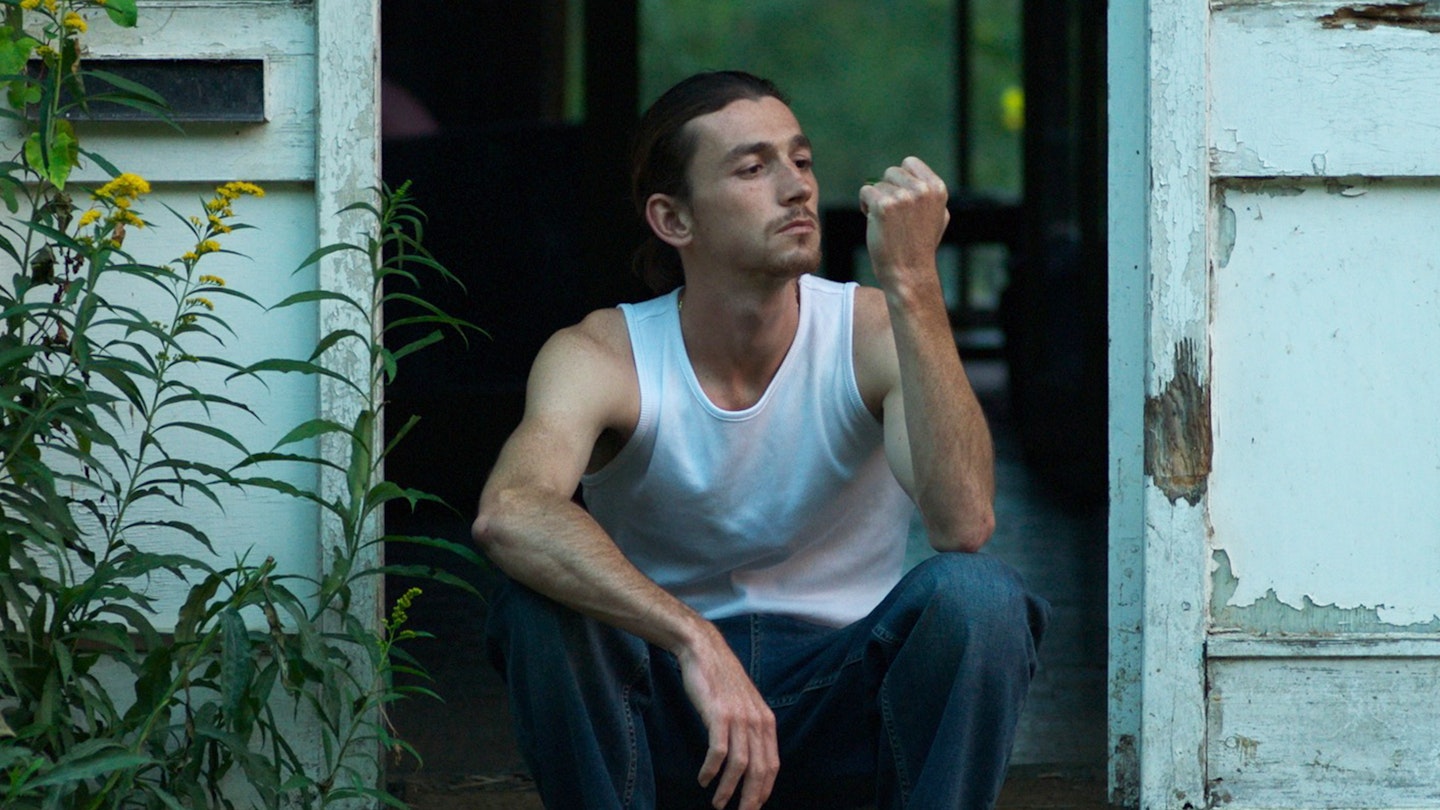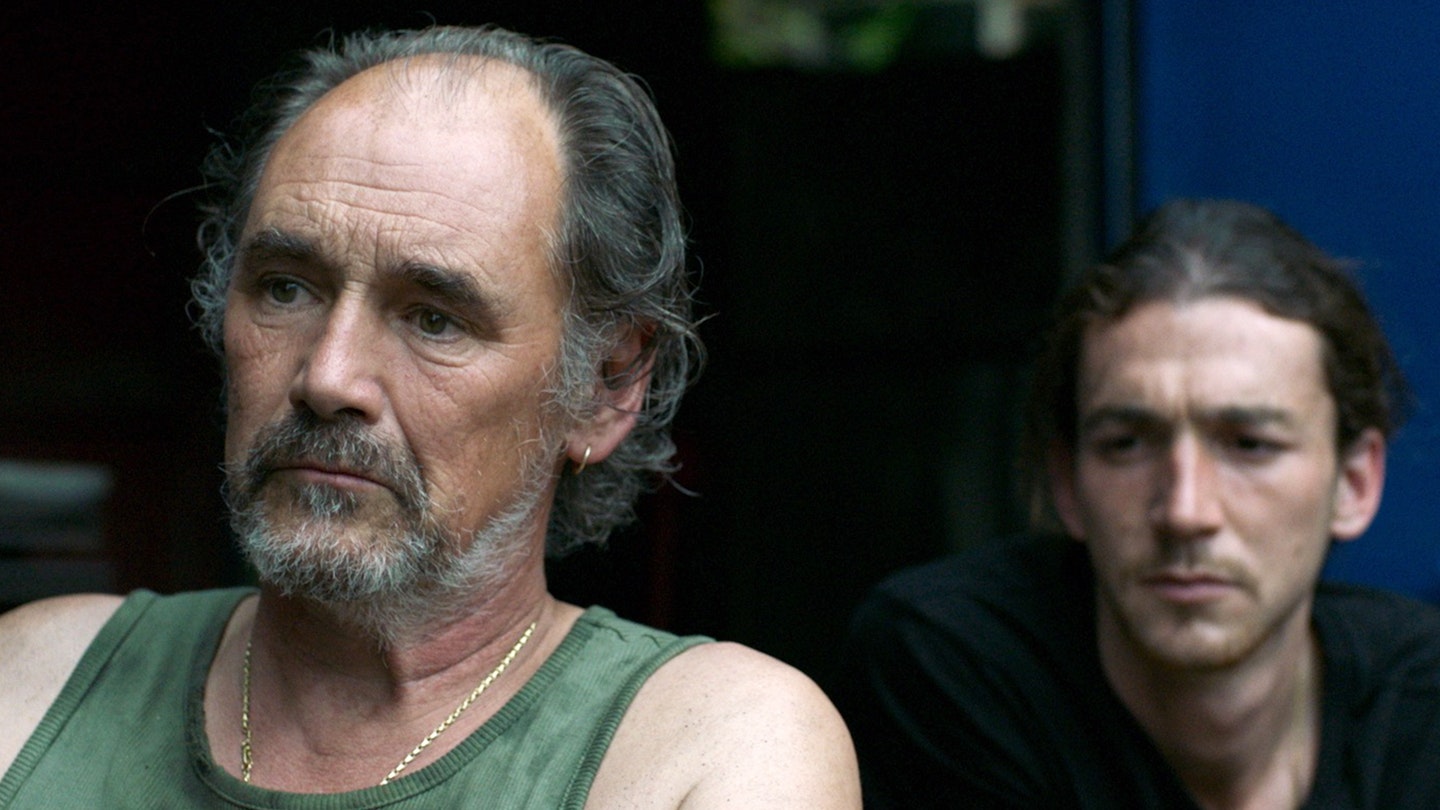The problem with Inland is that it can’t quite decide what it wants to be. It’s too plodding to be a thriller; too tepid to be a folk horror; too shallow to be a psychological study. The film, to its detriment, hangs on a protagonist who has neither a name nor any discernible personality. He is a man of few words and even fewer emotions, and Rory Alexander does little to overcome the character’s frustrating blankness. The actor is somewhat lacking as a guide to shepherd us through the protagonist’s troubled psyche, especially when Inland becomes increasingly fantastical and hallucinatory.

Kathryn Hunter doesn’t fare much better in the all-too-common role of a dead woman who nudges the story along, although this can be chalked up to limitations of the part, rather than the performer. Mark Rylance, however, is a bright spot, bringing warmth to bumbling mechanic Dunleavy. No matter that he is mostly tasked with rambling through a series of incoherent speeches in a West Country accent. (One minute he’s talking about the loneliness of ageing, the next it’s toenails.)
Although his screenplay is opaque to the point of incomprehension, writer-director Fridtjof Ryder does create a firm sense of the film’s local community with his visuals, honing in on the men’s dirty fingernails at Dunleavy’s garage and their wedding bands twisted back on after an adulterous night out.
Where Ryder falters is in the more overtly horror-aspiring images. Limp owl corpses and chilly stone statues are repeatedly shown but – jumbled in among trickling blood, gushing ravines and frightened children – fail to amount to all that much. Like many a feature debut before it, Inland strains to say a lot (about mental health, grief, parent-child relationships, male camaraderie…), but it ends up overloaded and ultimately says nothing of any real substance.
